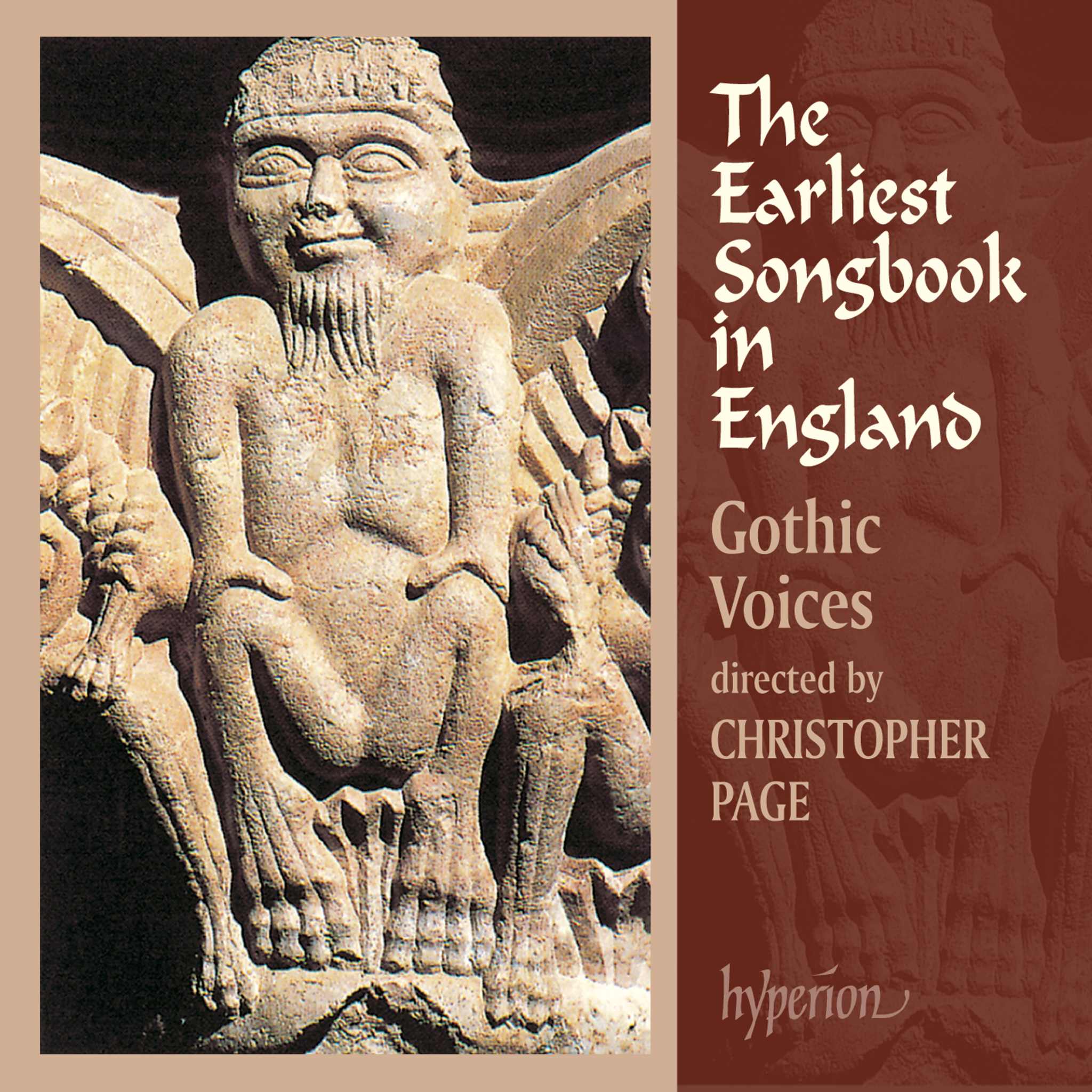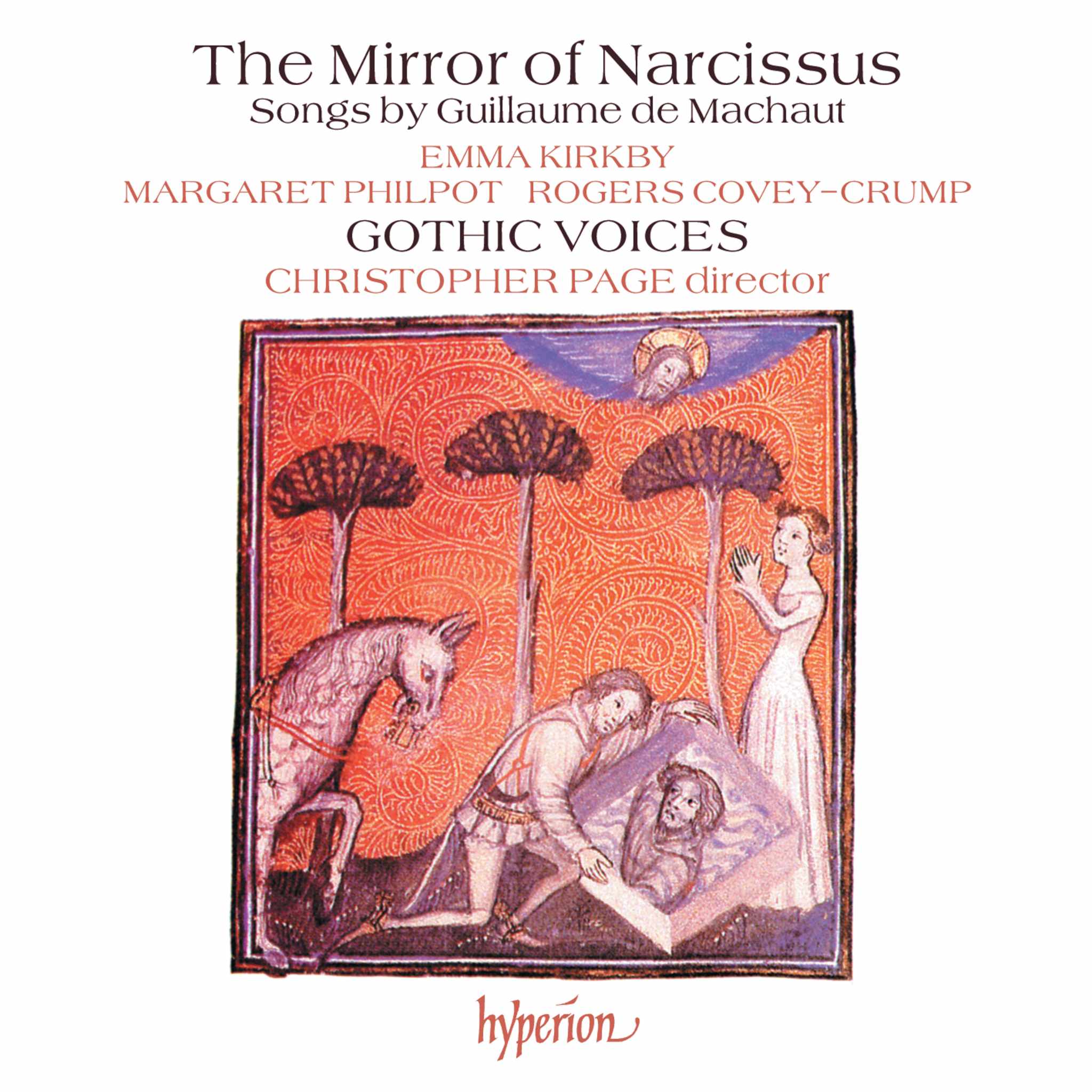Thomas Carlyle emphasized that history essentially consists of countless biographies.[2][4] This is precisely where the first major hurdle for musicologists studying early music becomes apparent: most surviving works are anonymous, and music-historical conclusions are often based only on fragmentary sources. This is particularly evident in the development of Spanish polyphonic song. Songbooks with Castilian texts written before the 15th century are lacking. Although around 500 songs have survived, these represent only a small part of the entire cancionero. While these songs were documented in writing, extramusical evidence suggests an earlier tradition of improvised song in Spain.
The songbooks preserved in Madrid, Seville, Barcelona, and Elvas raise numerous questions, primarily due to the large number of anonymous compositions. These manuscripts were long associated with the royal household of Ferdinand and Isabella. Most of the composers known by name were singers in the court chapels of Aragon or Castile. A prominent representative of this group was Francisco Peñalosa, a composer distinguished by his virtuosity and his works that imitated French and Dutch styles. In his piece "Por las sierras de Madrid," he skillfully combined familiar melodies. His technical brilliance was also reflected in his motets, where the focus was less on elaborate techniques and more on linguistic expressiveness.
Juan del Encina, a versatile poet, playwright, and composer, also exhibited similar developments. His songs mark a stylistic shift from his earlier works. Although he never served in the court chapels of Ferdinand and Isabella, he is the most frequently represented composer in the palace songbook. The homophonic style of his music places particular emphasis on textual clarity. Along with other composers of his time, he cultivated the villancico, which differed from the canción in structure and choice of themes and drew upon popular melodies. The instrumental music of 16th-century Spain was also characterized by this blend; Luis Milán and Luis de Narváez were among the most important musicians of this era. Both shaped vihuela music, drawing on improvisational traditions.









